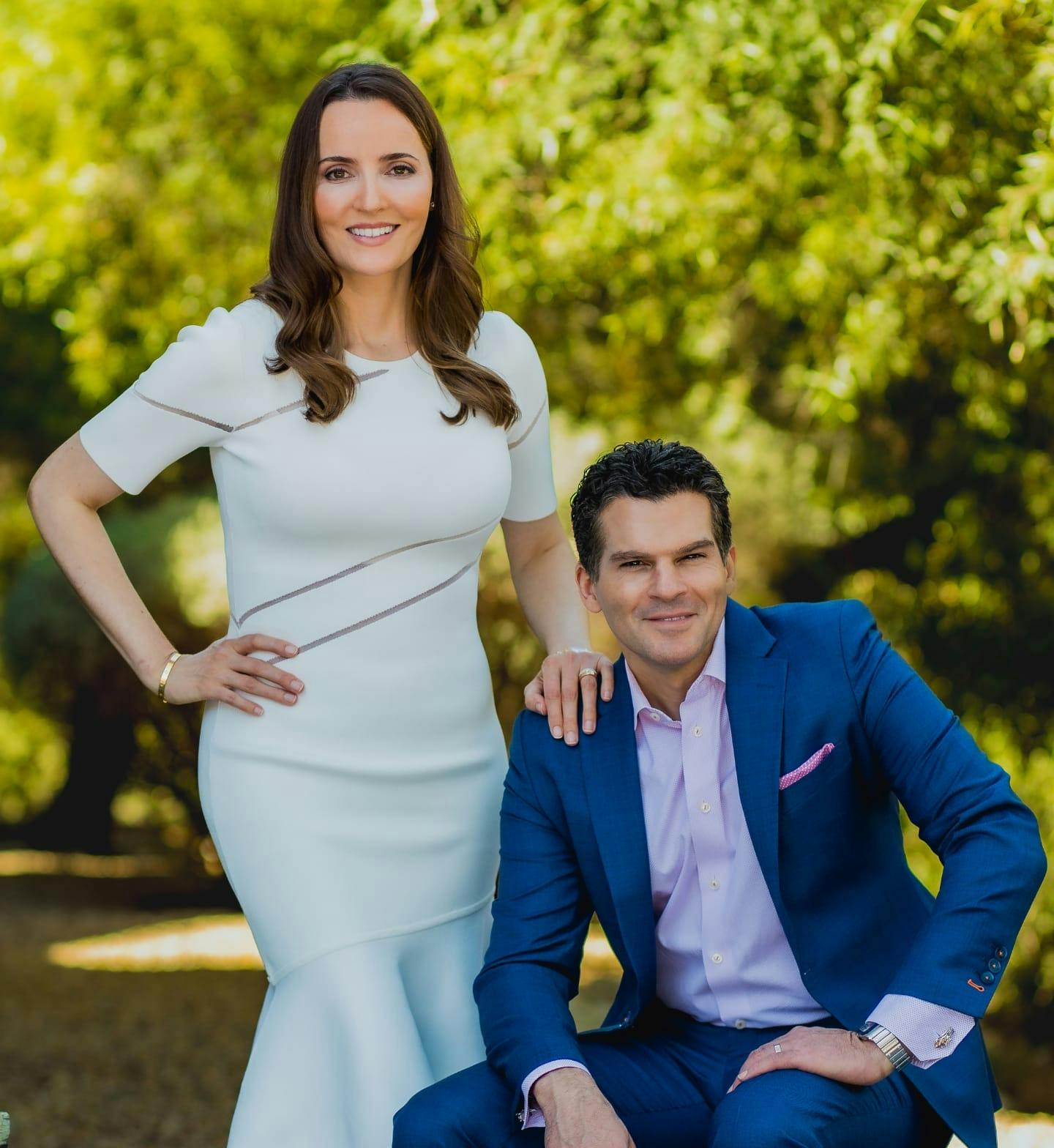Breast implant removal at Tucson Plastic Surgery is a personalized procedure designed to help you achieve your desired look with expert care. Our board-certified surgeons ensure a smooth, supportive experience, whether you’re removing implants for health, comfort, or aesthetic reasons.
Who is a Good Candidate for Breast Implant Removal?
Patients who experience chronic discomfort from their breast implants, or symptoms of breast implant illness (BII), or simply no longer desire to have breast implants can benefit from breast implant removal at Tucson Plastic Surgery. The best way to determine if this procedure is a good fit for you is through a consultation appointment with one of our plastic surgeons. Contact our Tucson office today to get started!










